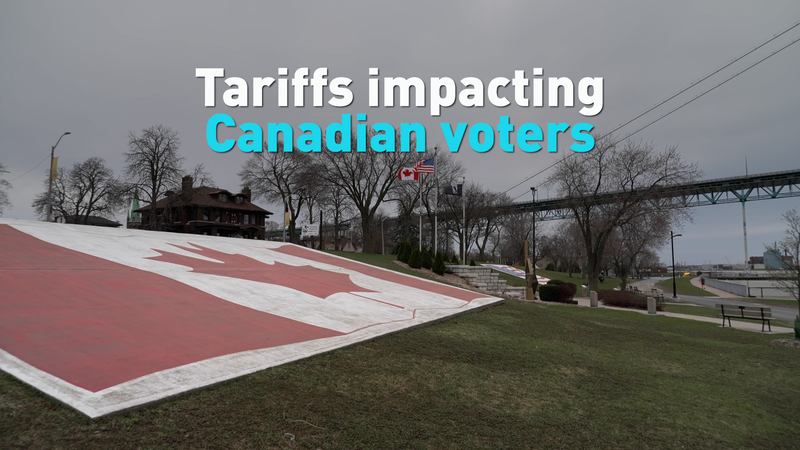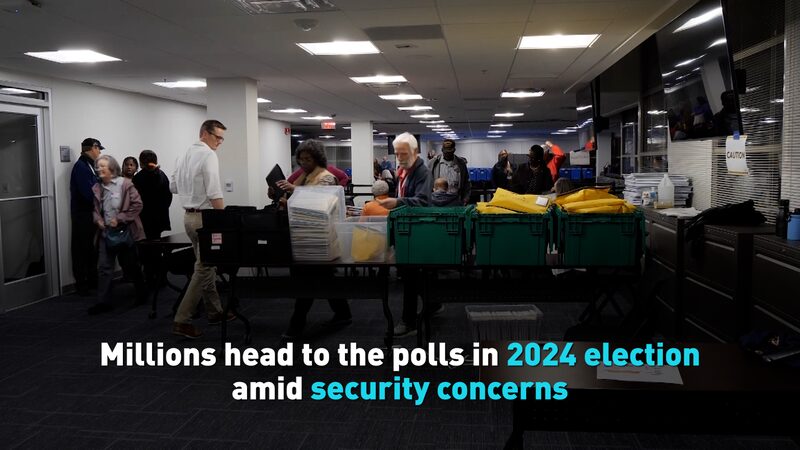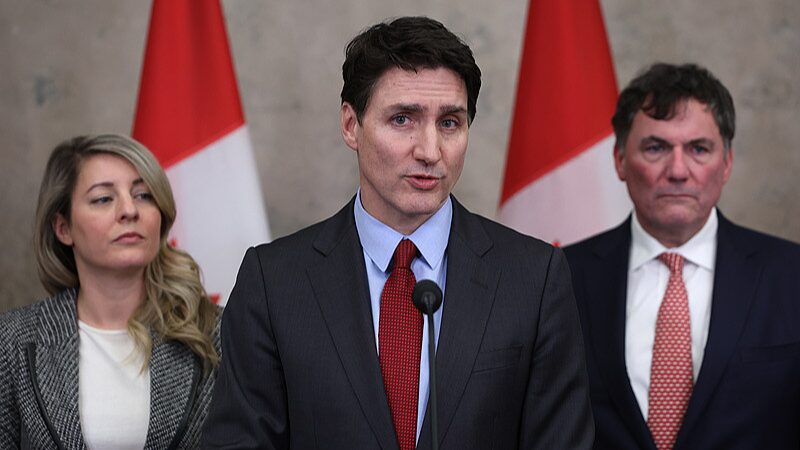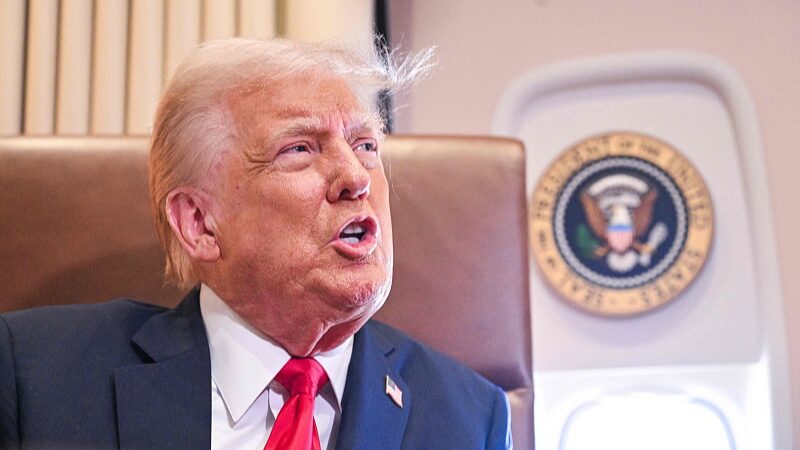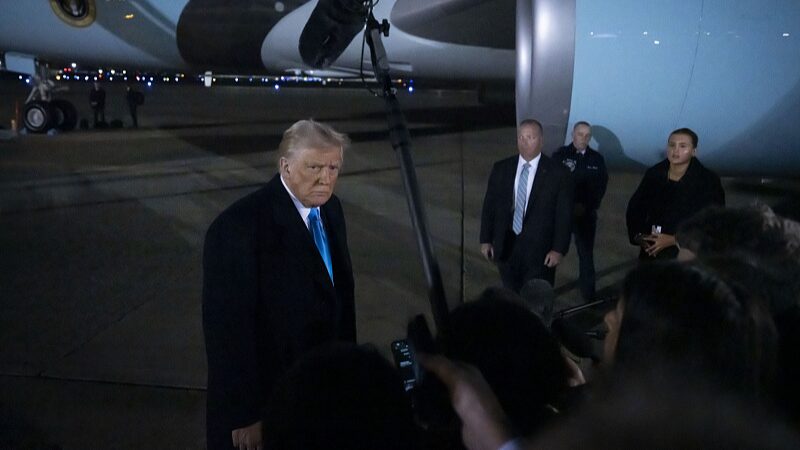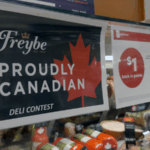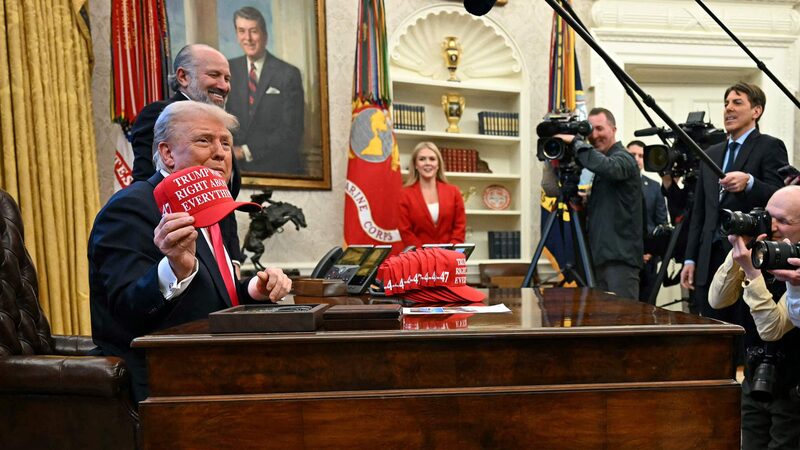Canadian voters are casting ballots in a federal election on April 28 amid heightened economic uncertainty fueled by trade tensions with the United States. Analysts note that tariffs imposed by Washington on Canadian goods, ranging from steel to agricultural products, are reshaping voter priorities as residents weigh job stability and cross-border commerce.
While the U.S. remains Canada's largest trading partner, ongoing disputes have stirred concerns among business leaders and workers reliant on seamless cross-border trade. Dan Williams of CGTN reported from Ottawa that many voters cite economic resilience as a key campaign issue, with political parties offering divergent strategies to address market volatility.
The outcome could influence Canada's approach to negotiating trade agreements and stabilizing supply chains, factors closely monitored by international investors and Asian markets with ties to North American industries. Academics highlight parallels to global trade dynamics, including Asia's own experiences navigating protectionist policies.
Reference(s):
cgtn.com
